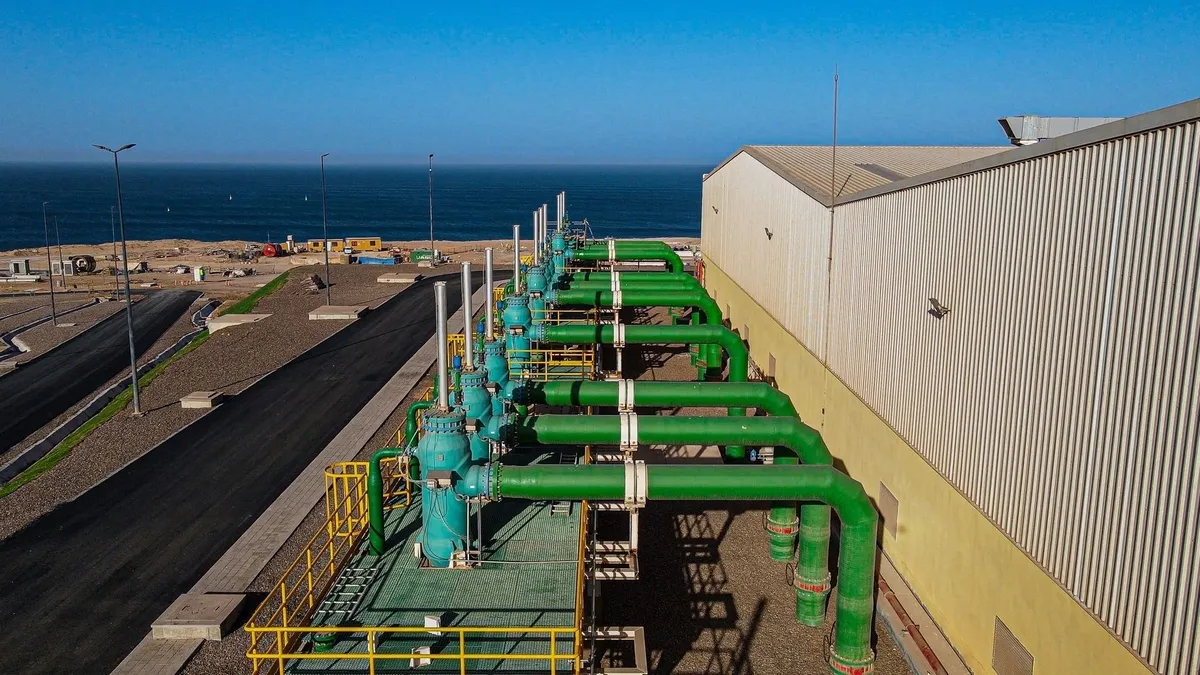A greenlight to establish the hotly disputed Fortaleza desalination plant, which will be based in Praia do Futuro, Brazil, was recently given by the Superintendence of the Union’s Patrimony in Ceara (SPU-CE).
The Fortaleza desalination plant, which is seen as an ambitious one, is touted to be the largest in the south American country. The project will boost the supply of water in Fortaleza’s metropolitan region by 12%. It will convert the sea water into safe drinkable water.
Also read: Construction work has begun on the Cap Djinet seawater desalination plant in Algeria
Slated dates for the construction work on the project
Construction works on the project are slated to commence in March 2024. There’s an expectation that it will be ready by mid of 2026.
The endeavor, just like others of this magnitude, is facing opposition from The National Telecommunications Agency (Anatel), as well as other internet operators.
Concerns over potential risks that could be brought by the Fortaleza desalination plant’s establishment
There have been concerns raised on the potential risk brought by the project on the submarine internet cables running in the area.
The Fortaleza desalination plant project’s construction was labeled as undesirable and imprudent by Anatel. This is because these cables are said to be vital for the country’s internet connectivity. The telecommunication entity suggested that there are other locations that would be suitable for the plant.
According to Anatel, SPE – Águas de Fortaleza, the company driving the project’s undertaking, has not considered the risks posed by the initiative. The company has not also adhered to the International Cable Protection Committee’s (ICPC) 11 recommendations.
The strategic location of Fortaleza has favorable ocean floor geography. It is accessible to America, Europe as well as Africa. The location also is a crucial point for the submarine cables. As a result, there could be detrimental implications in case the cables are tampered with.
The Company of Water and Sewage of Ceara (Cagece) has defended the project, claiming that it does not pose any threat to the cable’s functionality, despite the controversy.
The project’s cost
The project comes at a cost of 3.1bn reais, according to Cagece. It is crucial for the region’s water security. The investment shows the company’s commitment, and solutions are currently being sought to address the concerns about the project.
